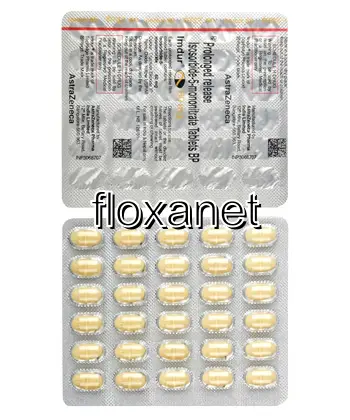| Package | Dosage | Price | Price per Dose | |
|---|---|---|---|---|
| Dosage: 20mg | ||||
| 360 pill | 20mg | $334.49 | $0.93 | |
| 180 pill | 20mg | $184.59 | $1.03 | |
| 120 pill | 20mg | $136.01 | $1.14 | |
| 90 pill | 20mg | $113.80 | $1.26 | |
| 60 pill | 20mg | $84.65 | $1.42 | |
| 30 pill | 20mg | $52.73 | $1.76 | |
| Dosage: 30mg | ||||
| 360 pill | 30mg | $434.43 | $1.21 | |
| 180 pill | 30mg | $234.56 | $1.30 | |
| 120 pill | 30mg | $174.87 | $1.46 | |
| 90 pill | 30mg | $145.73 | $1.62 | |
| 60 pill | 30mg | $108.25 | $1.80 | |
| 30 pill | 30mg | $68.00 | $2.26 | |
| Dosage: 40mg | ||||
| 240 pill | 40mg | $309.51 | $1.29 | |
| 120 pill | 40mg | $169.32 | $1.42 | |
| 90 pill | 40mg | $148.50 | $1.65 | |
| 60 pill | 40mg | $113.80 | $1.90 | |
| 30 pill | 40mg | $63.83 | $2.12 | |
| Dosage: 60mg | ||||
| 180 pill | 60mg | $331.72 | $1.85 | |
| 120 pill | 60mg | $240.11 | $2.00 | |
| 90 pill | 60mg | $192.92 | $2.14 | |
| 60 pill | 60mg | $138.79 | $2.32 | |
| 30 pill | 60mg | $80.49 | $2.69 | |

Isosorbide Description
Overview of Isosorbide
Isosorbide is a medication primarily used to prevent and treat chest pain caused by angina pectoris. It belongs to a class of drugs known as nitrates, which work by relaxing and widening blood vessels. This action improves blood flow to the heart muscle, thereby reducing the frequency and severity of anginal attacks. Isosorbide is available in various forms, including tablets and extended-release formulations, designed to provide a controlled release of the active ingredient over time.
How Does Isosorbide Work?
The primary mechanism of isosorbide involves the release of nitric oxide in the smooth muscle cells of blood vessels. This nitric oxide activates enzymes that lead to the relaxation of vascular smooth muscle. As a result, the veins and arteries dilate, decreasing the oxygen demand of the heart and easing the workload on the heart. This vasodilatory effect not only relieves chest pain but also helps improve exercise tolerance in individuals with angina.
Positives and Benefits
Many patients report that isosorbide effectively reduces episodes of angina, allowing them to lead more active lives. Its rapid onset of action makes it suitable for use during an anginal attack, providing quick relief. The extended-release formulations are beneficial for maintaining stable blood levels over time, helping prevent attacks before they occur. Overall, isosorbide is well-regarded for its ability to improve quality of life for those suffering from angina by alleviating symptoms and reducing the frequency of attacks.
Potential Side Effects and Risks
Like all medications, isosorbide may cause side effects. Commonly reported issues include headaches, dizziness, and flushing. These effects are usually mild and tend to diminish with continued use. However, some individuals may experience more serious reactions such as low blood pressure or hypersensitivity. It is important to monitor for these symptoms and consult a healthcare provider if they occur. Overuse or sudden discontinuation of isosorbide can lead to rebound angina or worsening symptoms, so careful adherence to prescribed doses is essential.
Patient Considerations and Caution
Before starting treatment with isosorbide, patients should inform their healthcare provider about any other medications they are taking, especially other vasodilators or medications for erectile dysfunction, as these can interact and cause significant drops in blood pressure. People with severe anemia, increased intracranial pressure, or hypertrophic cardiomyopathy may need to avoid or use caution with this medication. Drinking alcohol while on isosorbide can amplify side effects like dizziness and low blood pressure.
Usage and Dosage
The dosage of isosorbide varies depending on the formulation and the severity of the condition. It is generally taken orally with or without food, at regular intervals as prescribed. Patients are advised not to alter doses or stop medication abruptly without medical consultation. Consistency in timing helps maintain steady blood levels and optimal symptom control.
